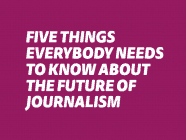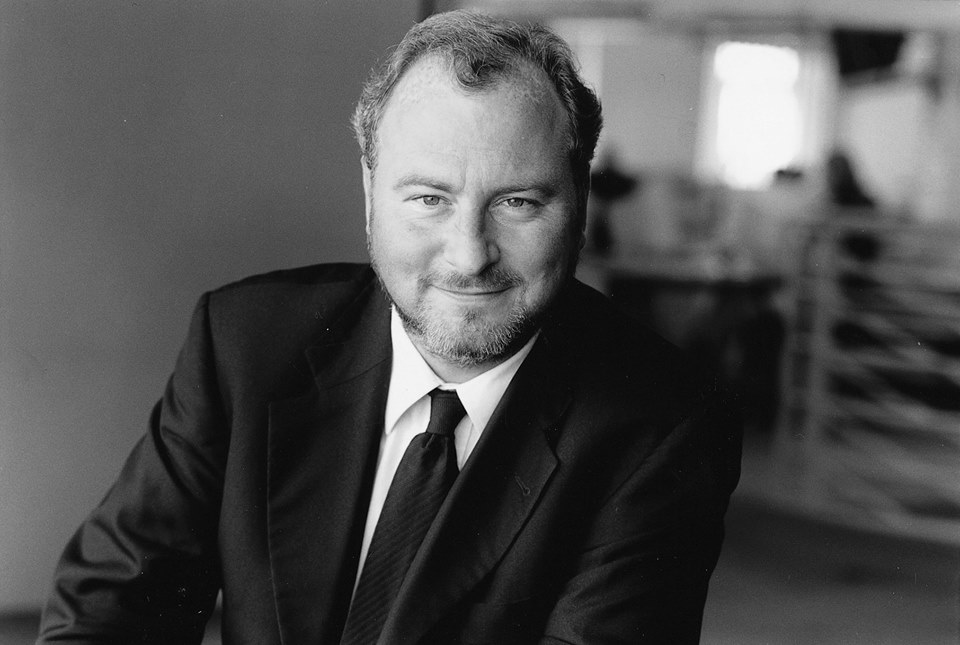The European Journalism Observatory: a project founded by Professor Stephan Russ-Mohl at the Università della Svizzera Italiana in Lugano, has had a fundamental impact on the work of the Department of Journalism and Communication at the public University of Tirana. It has influenced the way we carry out research concerning media in Albania and on the curriculum of studies installed by our department.
The University of Tirana has been able to collaborate with the EJO with the support of the research program SCOPES (Scientific cooperation between Eastern Europe and Switzerland), funded by the Swiss National Fund and the Swiss Agency for Development and Cooperation (SDC). The project aims to increase cooperation in social science between Switzerland and Eastern Europe. One of our main areas of research looked at how to take media studies forward, when in most cases media – in particular in the new democracies – criticize everyone, but refuse to be criticized themselves.
In Albania, like in other countries in that region, the media exert considerable ideological and professional power in the public space, with the ability to control voices and silence anyone who criticizes them. How then could we simply “import” the EJO philosophy into our country, becoming the watchdog of the “watchdog”? It the media truly are the “fourth estate, do we need to build a fifth estate to defend ourselves from the fourth and to equilibrate it?
My two colleagues (then postgraduates) Jonila Godole and Rrapo Zguri and I accepted the challenge thrown down by the EJO to grapple with these issues, and began a close collaboration with the institution. Our work has given us a new impetus to analyze the numerous challenges facing Albanian journalists. The media of our country is confronted with several critical issues. The potential of new technologies is not yet fully understood. Media managers have not yet found suitable, contemporary business models. This is partly why readership is declining. Advertising revenue is falling, again, partly due to the failure of business models and partly because of a wider economic and financial crisis. The education of journalists is also not yet on a solid footing and journalistic culture needs to be updated, if not totally overhauled, to deal with the new demands of interactivity and specialization.
Last, but most certainly not least, media and politics still have a symbiotic relationship in Albania, and the spread of information is uneven and undemocratic. Through our collaboration with the EJO, we hope to address and somehow resolve at least some of these issues.
This article was translated from German by Max Rogall.
Tags: Albania, Artan, Fuga, media, Media studies, Research, Russ-Mohl, Stephan, Swiss, Switzerland














































